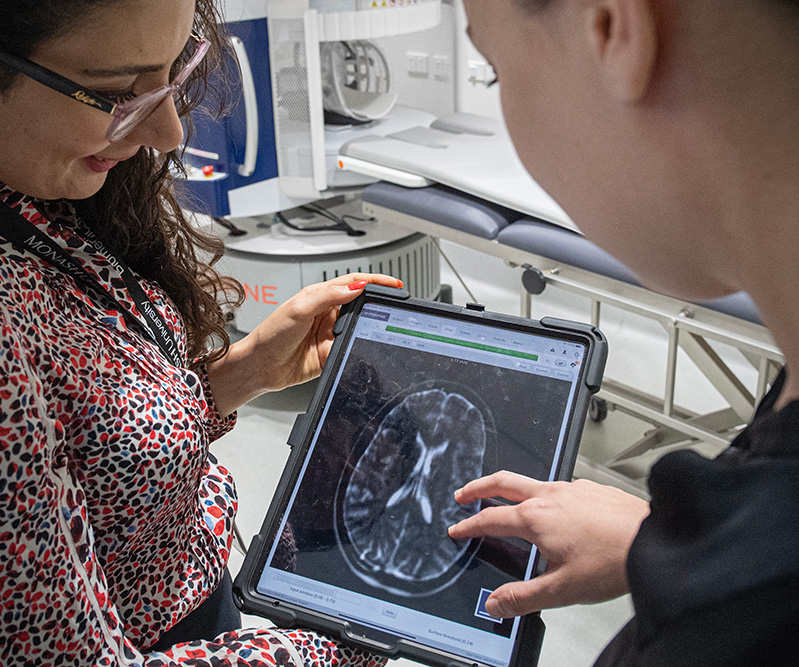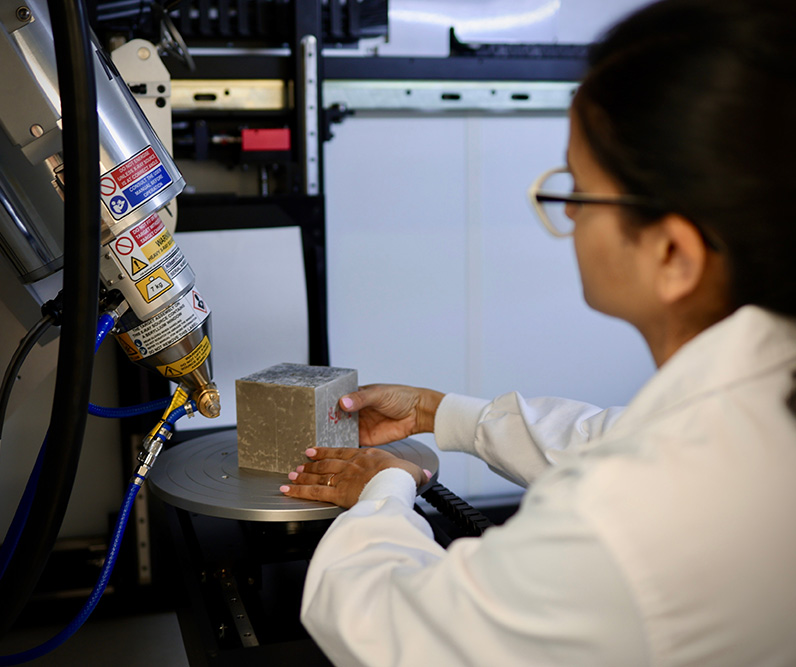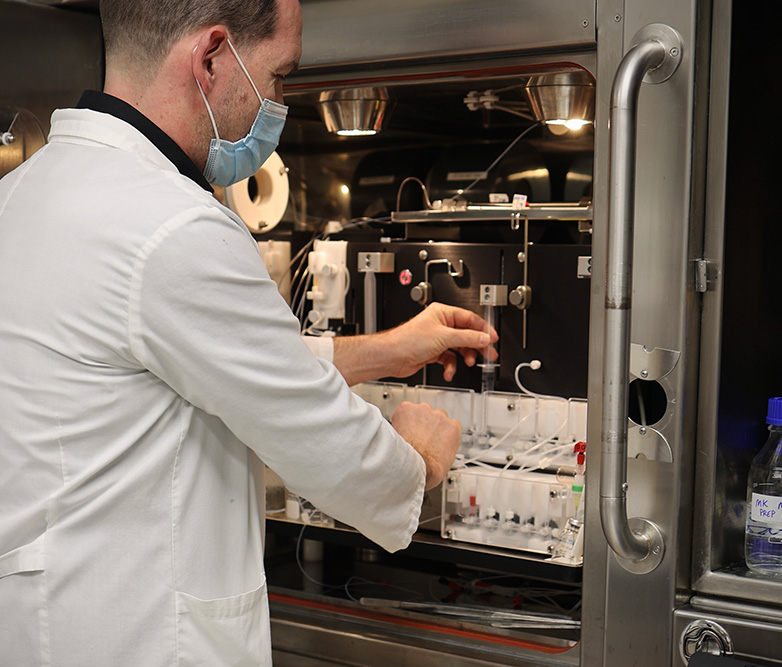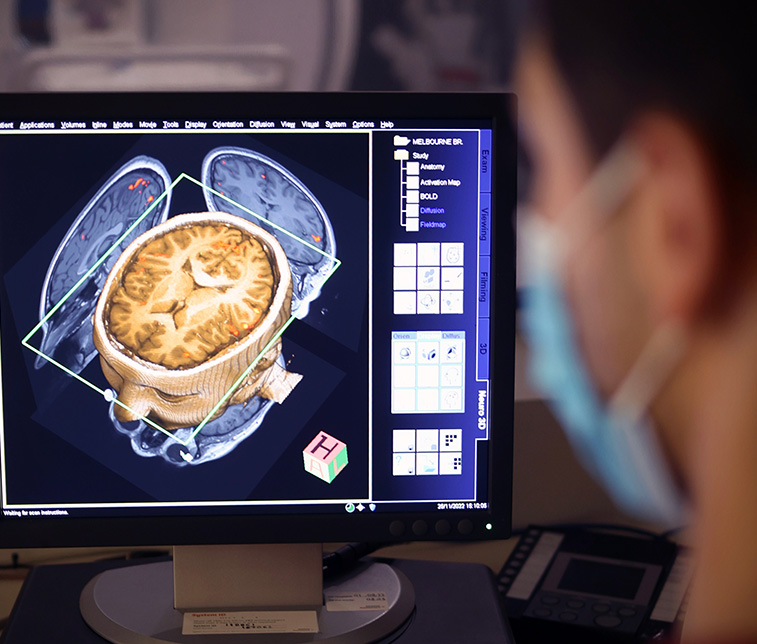The Commonwealth Government Department of Education has today announced National Imaging Facility (NIF) will receive $28m under the National Collaborative Research Infrastructure Strategy (NCRIS), to address Australia’s strategic science and research priorities, benefit industry and keep Australians healthy.
The funding is in addition to $18m secured under earlier NCRIS funding rounds for the period of 2023-2028, taking the total sum to $46m.
Minister for Education, the Hon Jason Clare MP said the strategic investment will help to deliver the solutions needed for the challenges ahead.
“These investments allow our world-class universities and researchers to work on game-changing projects that are good for our economy and good for Australia,” Minister Clare said.
Minister for Industry and Science, the Hon Ed Husic MP said the grants will supercharge research efforts in priority areas identified through the Government’s $15 billion National Reconstruction Fund, and will help to cement Australia’s reputation as a centre of global scientific excellence.
“Scientist and researchers making new discoveries can help manufacturers make new products, right here in Australia,” Minister Husic said.
The funding secures NIF’s operations until 2027, supporting Advanced Human Imaging, Preclinical and Frontier Imaging, Radiopharmaceuticals, and Data Collections and Partnerships programs.
Governing Board Chair, Prof Margaret Harding said these programs will enable research targeting diseases with a high burden for Australia, such as neurological disorders, cardiovascular disease and cancer, and will help industry develop new medical products. In addition, the NIF program will provide continued support to agriculture and collections sectors.
“NIF’s national-scale network underpins better healthcare, better medical products, and important research discoveries. Our national platforms include Australia’s most sophisticated imaging equipment which is made accessible to research and industry, and this funding will ensure its continuing impact,” Prof Harding said.
“This funding underscores the valuable expertise of the cutting-edge research infrastructure specialists within NIF’s node partner institutions, and the central role they play in maintaining Australia’s world-leading position in applying advanced imaging technology.
“Our imaging specialists are of the highest calibre and are vital to NIF’s operations – without them our instruments would be inaccessible.
“The unique capabilities that comprise NIF’s network are significant national assets, and this has been recognised by the Australian Government with this announcement,” Prof Harding said.
National Imaging Facility 2023-2027 Program

Advanced Human Imaging
The Advanced Human Imaging Activity equips and operates Australia’s most advanced human imaging capabilities, instruments, and expertise, and is critical to understanding how the brain functions, studying disease states, understanding how we age, and developing new pharmaceuticals and medical devices.
Advanced Human Imaging underpins work that is of high priority in reducing Australia’s burden of disease such as large-scale studies for dementias, epilepsy, MS, stroke, liver and kidney diseases, mental health and cognition.

Preclinical and Frontier Imaging
Preclinical and Frontier Imaging provides infrastructure for advanced imaging of preclinical models, plants and specimens, materials and minerals, all supported by specialised expertise.
The Activity plays a vital role in advancing Australia’s medical, manufacturing and environment industries, and is used to digitise unique national-priority collections.

Radiopharmaceuticals
Radiopharmaceuticals are a vital nuclear medicine product used for visualising biological processes in medical research through molecular imaging. NIF supports the development of new radiotracers and enables open access to cyclotrons and coordinated supply of cyclotron-produced radioisotopes for research and industry.
Radiopharmaceuticals are critical for medical diagnosis and therapy – the ability to produce radiopharmaceuticals in Australia is an important sovereign capability with significant potential for commercial innovation.

Imaging Data Collections and Partnerships
Imaging Data Collections and Partnerships is a new NIF program which will help create imaging data collections of national priority, and deploy the digital infrastructure and expertise required to translate them into valuable information.
NIF will work in partnership to create, establish, and manage imaging data assets, underpinning the next generation of medical research in critical fields, including imaging-based precision medicine studies, and help translate the application of imaging AI solutions into healthcare and products.